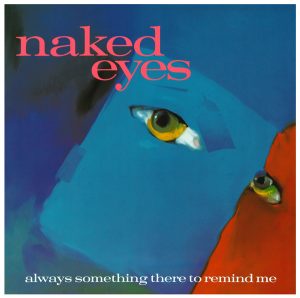Even though no one really likes a stalker, music video culture has promoted obsessive behavior for decades. Unfortunately, due to catchy aural and visual components, the nature of Pop music itself, and a driving cultural acceptance of voyeurism, we might not ever get rid of it. We can, however, shift the concept on its head, take back the gaze, and promote awareness of how disturbing voyeurism actually is.
Future research on this subject could reveal the impacts of negating voyeurism on youth. Does Beyonce looking back at herself instead empower young girls as we hope it would? Is the trend towards “taking back the gaze” actually increasing? The effects of seeing voyeurism through popular media are still quite unknown. How exactly has it affected our relationships? Future research could try to delve into such matters. While Psychologists have studied “limerence” and its strange appeal to popular culture, there has been little research on its societal psychological effects. Has there been a connection between viewing voyeuristic videos and rising levels of stalkings? Concrete empirical studies could try to connect the two.
At the end of the day, what we do know is that artists are obsessed with being obsessed, and listeners, in turn, praise them for it. While this may have created a music video culture of stalkers like Pete Byrne and Adam Levine, one thing is for sure- we can take back the gaze… and we will.
(The cover photo for the single, “Always Something There to Remind Me,” courtesy of EMI Records, Ltd.)